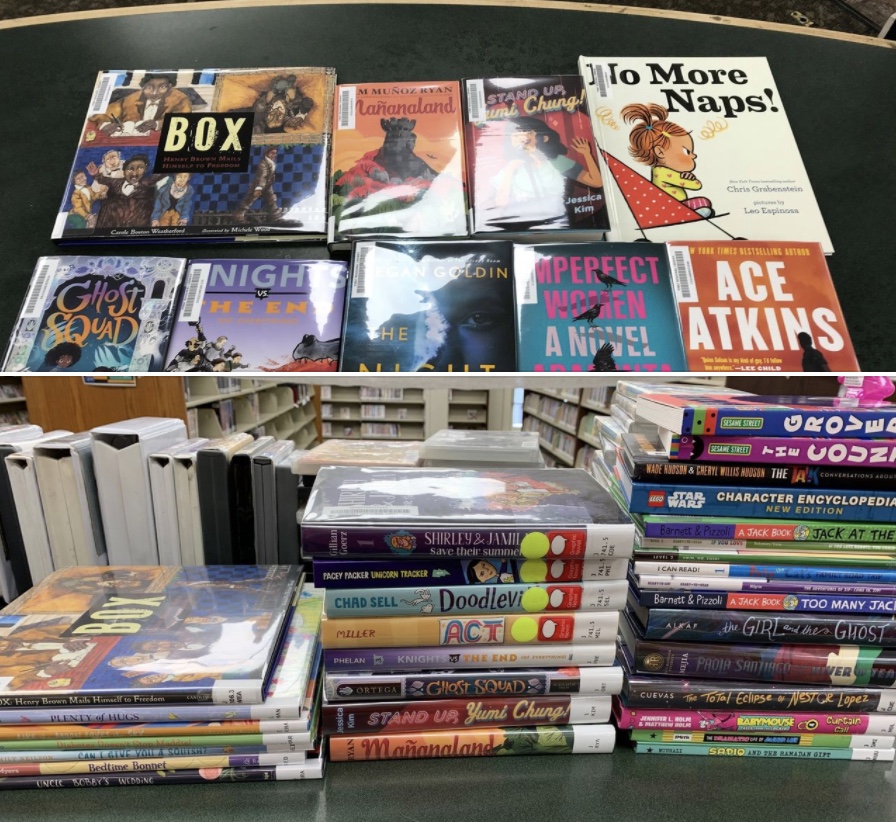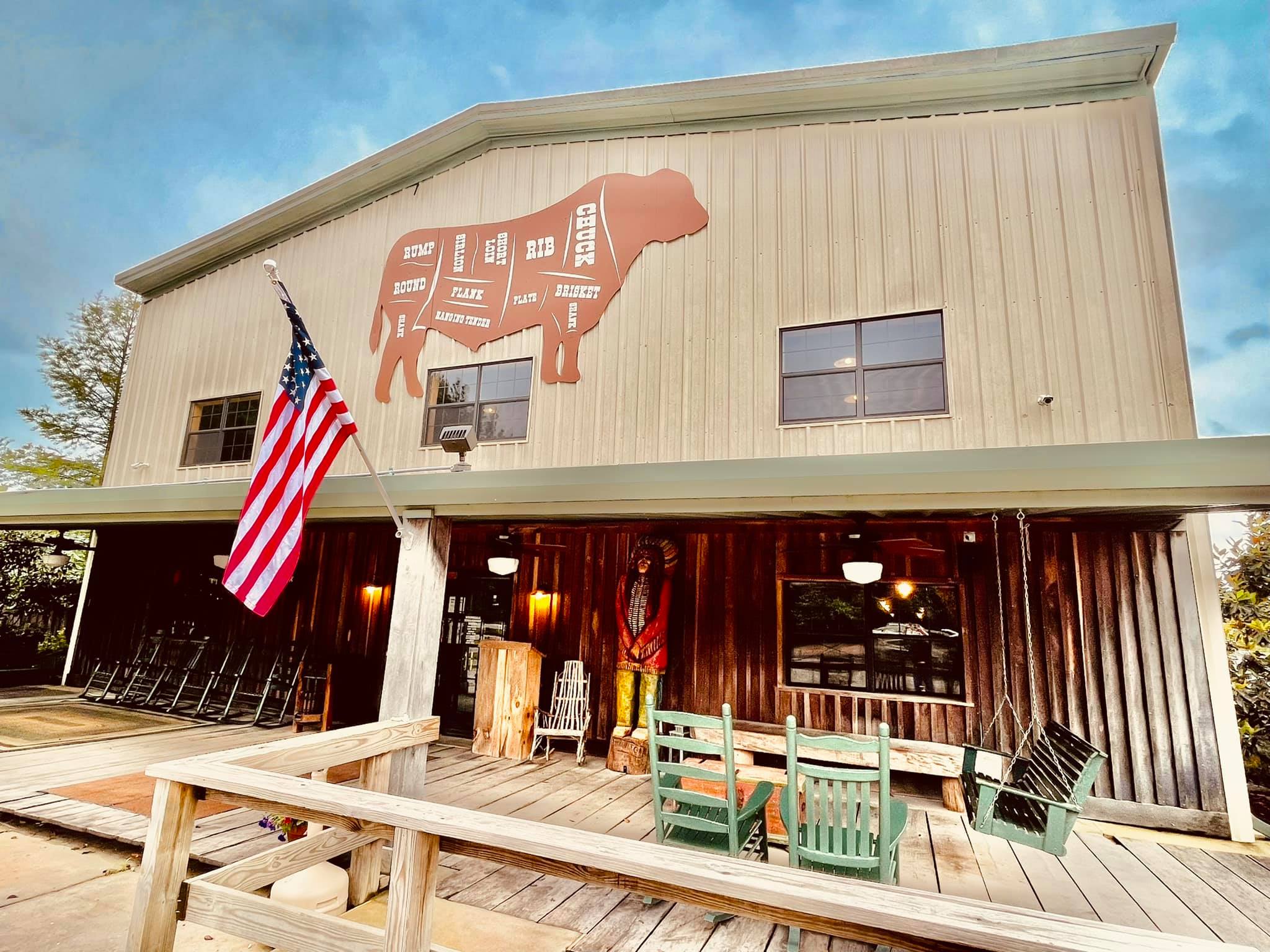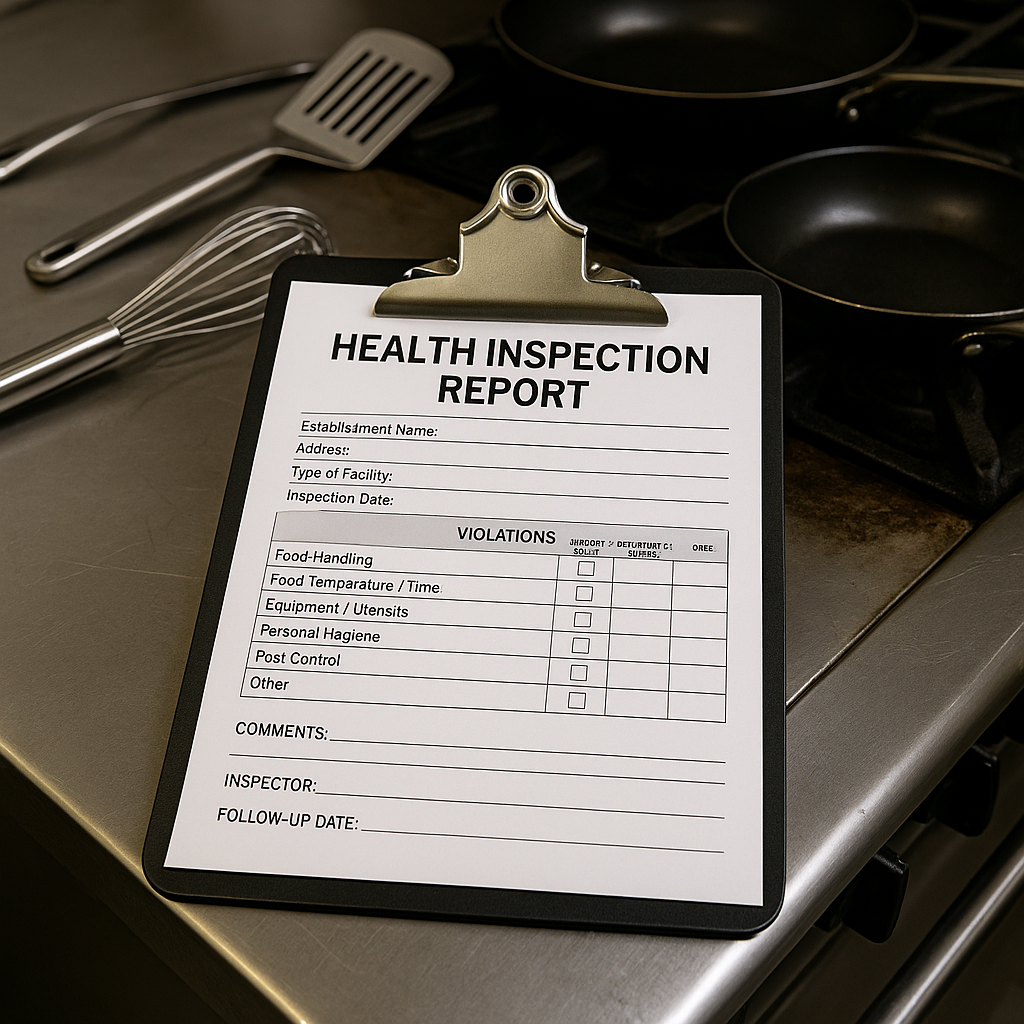First Regional Library Connects the Lafayette Community
Published 12:55 pm Tuesday, September 22, 2020
Libraries have always been both a community reservoir of knowledge and a window into the wider world. When COVID-19 struck the United States this spring, many libraries, including the First Regional Library (FRL) system, were forced to make immediate changes in how they provided information, entertainment, and access to technology to patrons.
First Regional Library Director Meredith Wickham said the system, which consists of 14 branches in Desoto, Lafayette, Panola Tate and Tunica counties, only closed completely for about a week in early March. In the months since library staff have come up with new ways to serve patrons while maintaining strict adherence to all guidance issued by state and national health experts.
The library’s strong Wi-Fi broadband service, which extends outside all of the libraries’ physical buildings into the parking lot and is unlimited, free and available 24/7, was well-used by residents who wouldn’t otherwise have access to the internet. As more schools and jobs have moved online many area residents have become even more dependent on the library’s Wi-Fi, said Wickham. It is not uncommon for residents to be parked in the lot at 2 a.m. using the Wi-Fi to pay bills. Benches and tables outside libraries also often fill-up with individuals using their own devices early in the morning, and that trend has continued, even strengthened, in recent months, said Wickham.
Among the first new services to be offered by library in light of new COVID-19 restrictions, was a virtual library card. It allows clients to sign up online and receive access to the systems’ collections within minutes. An extensive assortment of eBooks and other digital materials, which can be accessed from the safety of patrons’ homes has been extremely popular, said Wickham. Reference services were also quickly offered by phone and email, and the libraries mail delivery services were expanded.
By May all FRL branches began offering a curbside pickup option for books, documents and other materials. It has proved to be very popular and will likely stick around after the pandemic, said Wickham. Book clubs, craft circles, children’s summer reading programs and story times went virtual in early summer. A Children’s Storytime Online occurs every Tuesday and Thursday at 11 a.m. via a secure Zoom link, which keeps the digital trolls away, said Wickham. She noted archived children’s reading programs that can be accessed at any time by parents are another popular addition that will likely become permanent. “That’s been one of the silver linings of the pandemic has been discovering new services that patrons want and need,” said Wickham.
In July, a dozen of the branches – including both Oxford branch in Lafayette County and Panola County branch, were reopened for limited in person services. Libraries are open from 10 a.m. to 6 p.m. Monday through Saturday, but the doors remain locked and entry is limited. Social distancing and face masks are mandatory and patrons are encouraged to call ahead to reserve study tables, computers, and document reviews and other services.
For patrons who miss browsing the shelves to find reading material, there is some good news: By planning ahead and booking an appointment, librarians can create a custom browsing experience that is safe and enjoyable for both adults and children. Wickham explained, “Say I wanted to come and check out the most recent mysteries and Christian fiction. They (librarians) would create carts for me that has those specific items on them so I can browse through the books and touch them. I can take my time with those and check out what I want. Afterward everything that I touched gets quarantined.
Everyone enjoys the experience, and they know when they touch the things on the displays it is safe, and the next person knows too.”
The quarantine of library books and materials between patrons is based on the latest guidance and research from the REALM Project, which stands for Reopening Archives, Libraries and Museums. A COVID-19 Research Project, REALM is a collaboration between OCLC, a global library cooperative, The Institute of Museum and Library Services and Battelle, a scientific research and development institution. REALM was created out of a need for “clear information to support the handling of core museum, library, and archival materials,” according to its online information hub. Research focuses on how long the COVID-19 virus survives on materials that are prevalent in libraries, archives, and museums, in order to “produce authoritative, science-based information on how—or if— materials can be handled to mitigate exposure to staff and visitors.”
Wickham said, REALM research indicates that the virus can potentially live for up to six days on the covers of books that are stacked and up to four days on the interior pages of books. Because there are no good sanitizing options available for the inside of a book – they can’t be wiped down with Clorox and UV cleaning devices are cost prohibitive, the library quarantines the books and materials instead.
In addition to quarantining materials, the library adheres to all guidelines regarding COVID-19 protection, including sanitation, personal protective equipment and social distancing whether they are issued through the Mississippi State Department of Health, Governor Tate Reeves executive orders or the U.S. Centers for Disease Control and Prevention.
We are purveyors of accurate information. That is our field. I feel like we have a duty to the public to model and follow very strictly the most accurate public guidance that is available to us from the experts,” said Wickham. She said the library system has long prided itself on innovation and a willingness to try to new things. A joke among FRL officials was “this is not life or death, so try it. If we fail, we will learn from it.” In the age of COVID, Wickham said, that is no longer the case. “We do have to reach out to people who are telling you the facts. It’s a totally different era.”
She added she’s been encouraged to see leadership come from so many people in the community at all levels, including library patrons. “Our patrons have been so good at using the library in ways that are safe for each other and their communities, and caring about each other. It is really powerful.”
Visit FirstRegional.org for up-to-date information on in-person services, virtual programs, and a complete listing of services and branch locations.






